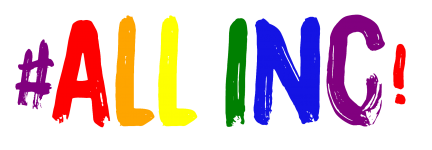Now we can all donate blood
In the early 1990s, the Hellenic National Blood Donation Center (link), in an effort to enhance public awareness regarding blood donation, used the slogan “You do not donate your blood, you just donate ten minutes of your time”. The campaign was rather successful and the number of volunteers increased over the years. However, not all citizens could donate blood: homosexuals were excluded.
In order to become a donor, a volunteer had to fill a questionnaire related to his/her health condition. On the questionnaire’s first page, an “ATTENTION” sign pointed to people who were not allowed to donate blood: i) those who had had at least one homosexual relationship since 1977; ii) those who had once used drugs intravenously; iii) those who had had many sexual partners during the past decade without systematically using condoms; iv) those who had had sex during the last 12 months with a partner who was paid to have sex; and v) those who thought it possible having been exposed to the virus that causes AIDS.
Many countries introduced blood donation controls in the wake of the HIV/Aids epidemic, but Greece was one of the few that upheld the ban after restrictions began to be relaxed in the mid 2010s. Such prohibitions not only excluded homosexuals from blood donation, but mostly targeted and stigmatized them by highlighting these people as a high-risk group because of their sexual orientation, despite the widely known fact that HIV affects not only gays and drug users, but the total population.
Although the suitability of a prospective blood donor should be based exclusively on his/her health and not his/her identity or other factors related to his/her personal preferences, until recently, sexual orientation remained linked to the criteria that blood donors must meet in Greece. The delay in reviewing these restrictions shows a moral panic about homosexuality which fortunately seems to have receded in Greece during the past decade in parallel with other achievements for the LGBT+ community, such as the cohabitation agreement and the legal recognition of gender identity.
On January 10, 2022, the Greek Minister of Health signed a decree abolishing the ban, thus enabling gay and bisexual donors to contribute to the needs of the blood donation system and consequently of society. One more step forward!
This post contributed by the Greek team of Maria & Vana — ευχαριστώ ομάδα!







